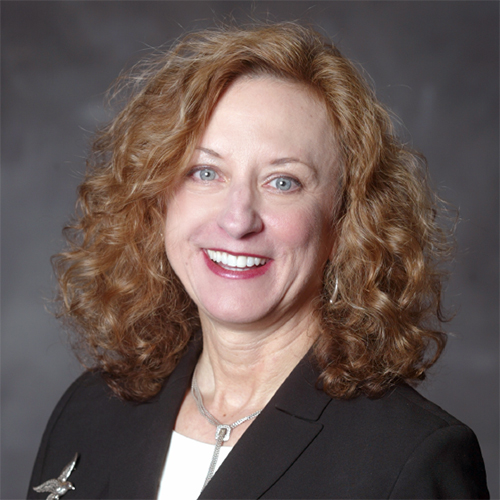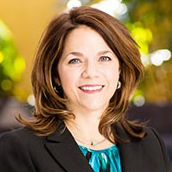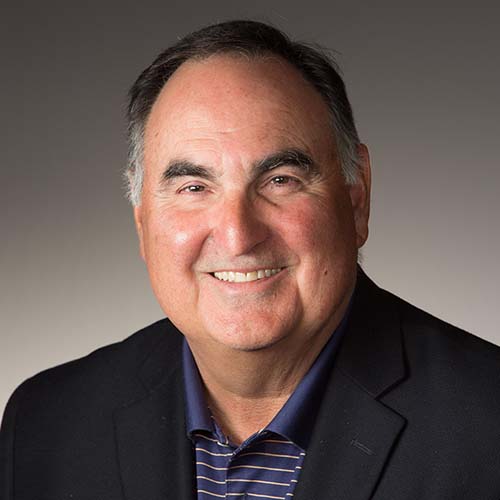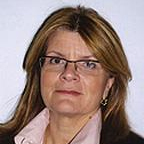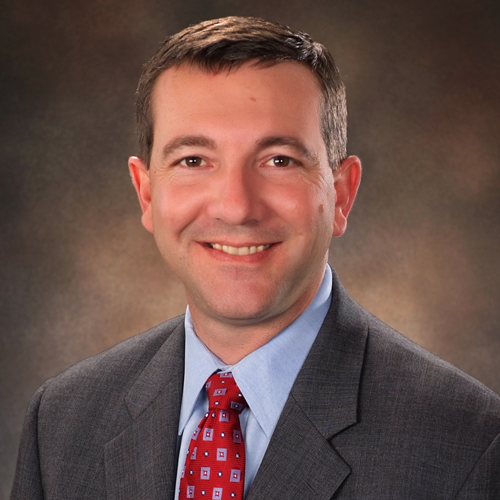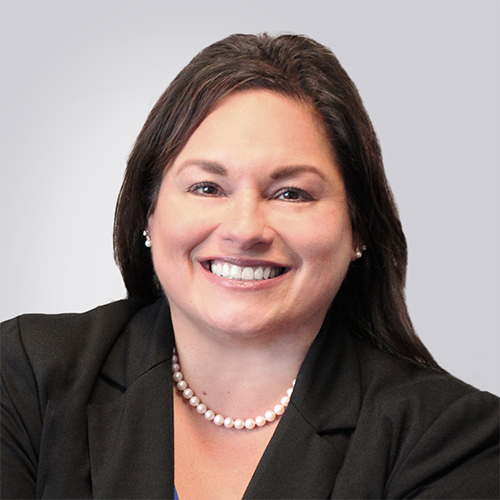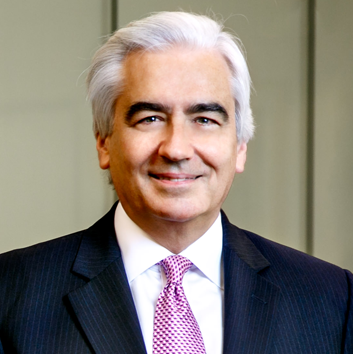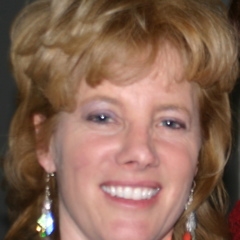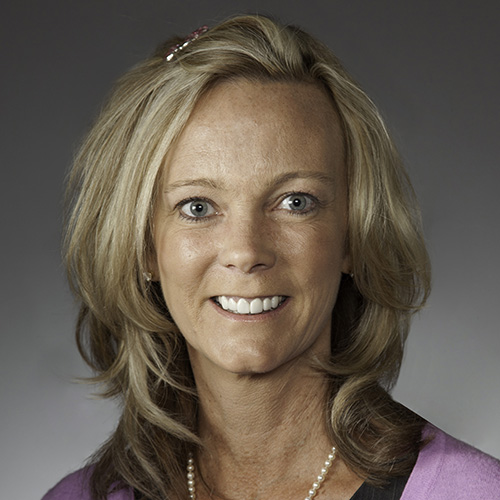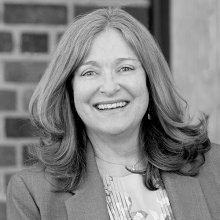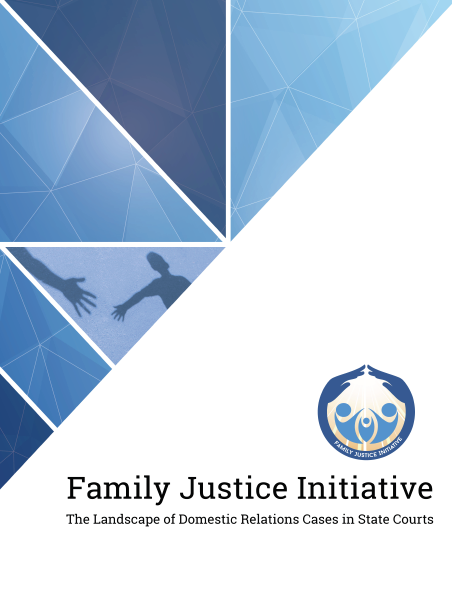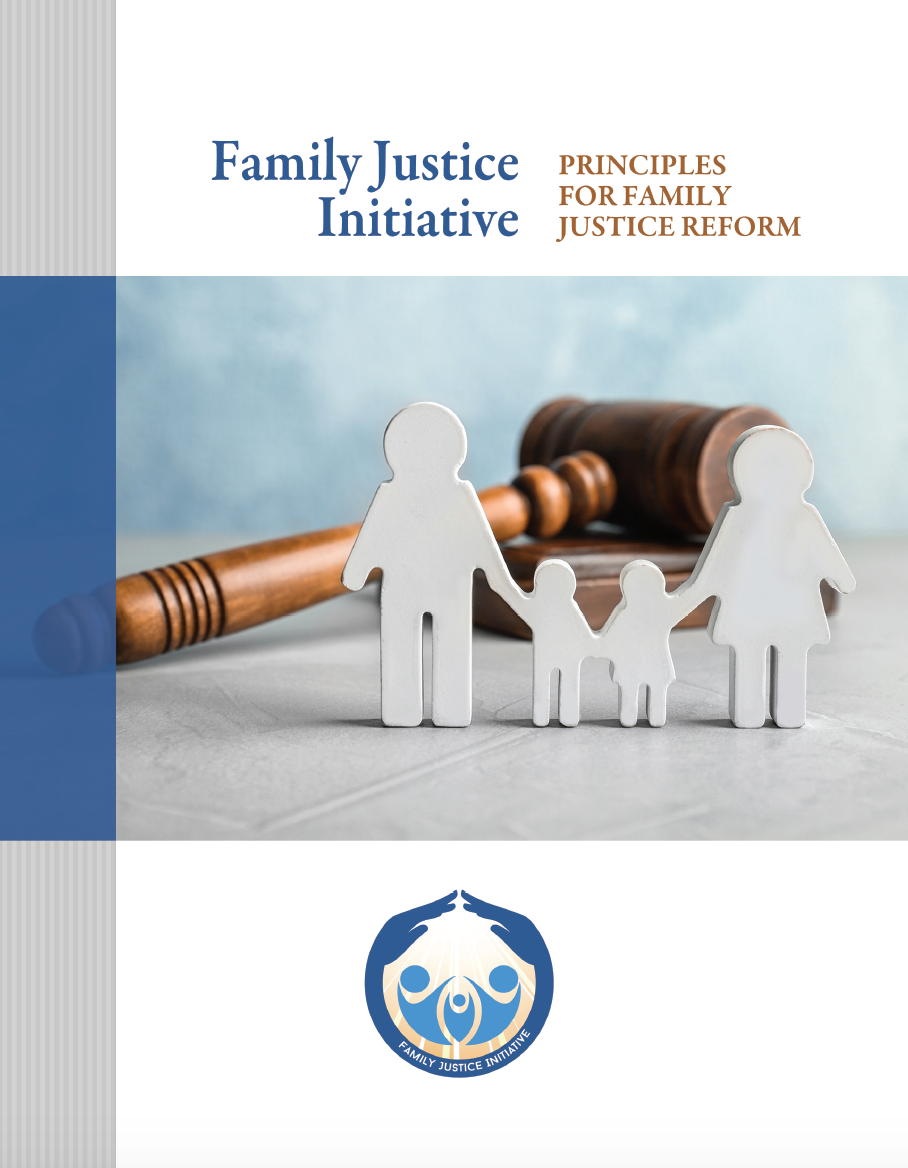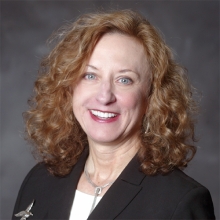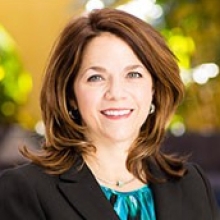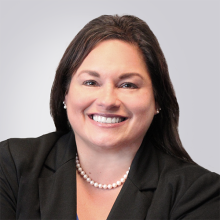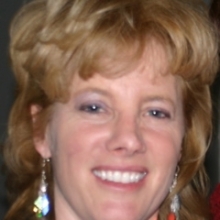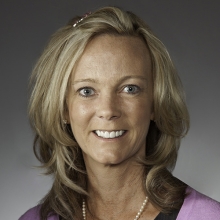The Cady Initiative for Family Justice Reform (formerly the Family Justice Initiative) is a collaboration between IAALS, the National Center for State Courts (NCSC), the Conference of Chief Justices (CCJ), the Conference of State Court Administrators (COSCA), and the National Council of Juvenile and Family Court Judges (NCJFCJ), with funding from the State Justice Institute. The project is designed to evaluate and improve the way courts handle domestic relations cases.
Objectives:
- To understand the landscape of current domestic relations litigation in state courts across the country.
- To develop guidelines and best practices for domestic relations case processing, for the purpose of making family courts less adversarial, more efficient—particularly for those individuals who use the courts without the help of an attorney—and more responsive to the needs of the families involved in litigation.
- To support implementation of the Principles for Family Justice Reform nationwide and help family courts evolve to meet changing needs and expectations.
- To help family courts navigate the challenges presented by the COVID-19 pandemic.
In August 2016, the Conference of Chief Justices adopted a comprehensive set of recommendations for civil justice reform, outlined in Call to Action: Achieving Civil Justice for All, and implementation of those reforms is spearheaded by the Civil Justice Initiative. A corollary project to explore reform specific to domestic relations cases—the Cady Initiative for Family Justice Reform—was launched shortly after.
Modeled on the process used in the Civil Justice Initiative, the Cady Initiative has been divided into three phases:
IAALS Project Team:

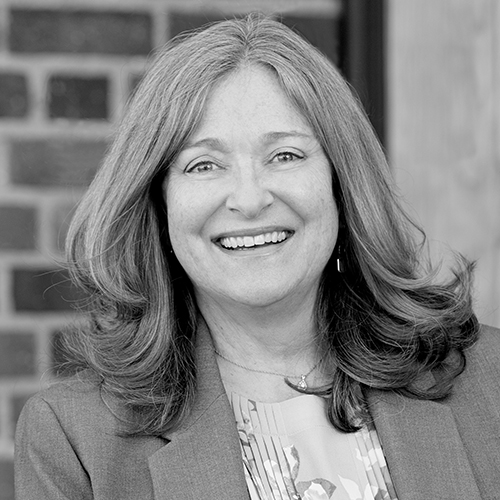

IAALS, in partnership with the NCSC and the NCJFCJ, undertook the first large, aggregate examination of how family court cases are litigated in state courts.
The Landscape of Domestic Relations Cases in State Courts
Click here to read and download.
The Landscape study documents the caseload characteristics of domestic relations cases across 11 large, urban courts, and confirms what we have long known at IAALS: family courts must do more to focus on problem solving rather than rely on the traditional structure framed around an adversarial approach. Key findings include:
- Today’s families are less likely to include a married couple, and most litigants don’t hire an attorney.
- Contested and uncontested cases in the study took about the same amount of time to be resolved.
- One in four family court cases reopen, and reopened cases are more likely to involve minor children.
- Family court data is inadequate and makes it difficult to manage cases.
The Landscape report informed the conversation around developing recommendations to guide the way courts handle domestic relations cases.

A subcommittee of the CCJ/COSCA Courts, Children and Families Committee was formed to lead the Cady Initiative, chaired by late-Chief Justice Mark Cady of the Iowa Supreme Court and staffed by IAALS, the NCSC, and the NCJFCJ. From the findings of the Landscape study and other best practices in family case processing, the subcommittee developed a set of recommendations (known as Principles) to make family courts less adversarial, more efficient—particularly for those individuals who use the courts without the help of an attorney—and more responsive to the needs of the families involved in litigation.
The Conference of Chief Justices adopted the Principles for Family Justice Reform in February 2019.
Principles for Family Justice Reform
Click here to read and download.
At the heart of the 13 Principles is a shift in the way courts handle domestic relations cases that emphasizes problem solving and cooperation between parties, especially when children are involved. The Principles also establish a triage pathway system that matches cases and parties to appropriate resources and services both within and outside the court.
A Model Process for Family Justice Initiative Pathways report accompanies the Principles and sets forth best practices for the triage approach. Click here to read and download.
In 2020, the Conference adopted an additional resolution encouraging state courts to implement six broad recommendations concerning the prestige of family law matters, aggressive triage, court procedure simplification, remote and in-person self-help information, robust dispute resolution processes, and trauma-responsive practices.

To put the Principles for Family Justice Reform into practice, the Cady Initiative selected four national demonstration sites that range in geographical location and size. Project staff conducted in-person site visits and worked with court personnel, judicial officers, and court leadership to develop jurisdiction-specific implementation plans (published in the demonstration site reports here):
- King County (Seattle), Washington
- Miami-Dade County (Miami), Florida
- Cuyahoga County (Cleveland), Ohio
- Pima County (Tucson), Arizona
The COVID-19 pandemic ultimately disrupted the formal pilot phase for the Principles, as the courts were forced to implement emergency measures to keep fundamental court operations going in 2020.
In order to support these courts and other courts making rapid transitions to virtual services, IAALS conducted detailed case studies of the innovation taking place in courts, self-help centers, legal aid centers, and law/public libraries across the country amid the pandemic. Lessons learned from these organizations—and helpful guidance for others looking to improve court and legal services—were published in Pandemic Positives: Extending the Reach of Court and Legal Services.
Outside the contours of the formal Cady Initiative, IAALS also developed a number of standalone resources to help courts implement various aspects of the Principles:
- Guidelines for Creating Effective Self-Help Information details recommendations to help courts increase the effectiveness of existing self-help materials and assist in the development of new materials that empower people with information and an understanding of what to do with that information on their journey through the legal process.
- Ensuring the Right to Be Heard: Guidance for Trial Judges in Cases Involving Self-Represented Litigants provides recommendations for helping trial judges better manage cases involving self-represented litigants, with the ultimate goal of better service to court users.
- Guidance on Developing Problem-Solving Approaches for Families in Court details key issues for courts considering expanding ADR offerings beyond the commonly offered mediation.

- National Center for State Courts
- Conference of Chief Justices
- Conference of State Court Administrators
- National Council of Juvenile and Family Court Judges
- State Justice Institute
- King County Superior Court (King County, WA)
- Family Court Division of the 11th Judicial Circuit of Florida (Miami-Dade County, FL)
- Cuyahoga County Court of Common Pleas, Domestic Relations Division (Cuyahoga County, OH)
- Pima County Superior Court (Pima County, AZ)
- Professor Lois Lupica
- Julia F. Weber
- Association of Family and Conciliation Courts

Family Justice Advisory Committee (2012–2021)
The members of the Family Justice Advisory Committee have been invaluable partners to IAALS since the launch of our Honoring Families Initiative in 2012. Comprised of leaders in family justice reform, the committee was integral to the founding of our on-campus Resource Center for Separating and Divorcing Families and the community-based Center for Out-of-Court Divorce, and advised us on many other family justice reform efforts.
